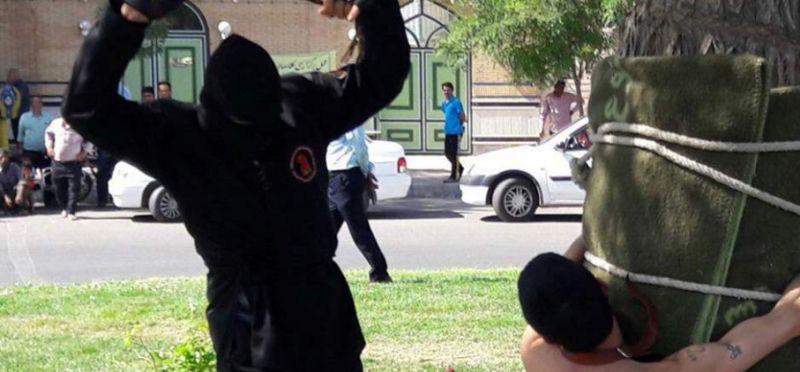Amnesty International is accusing Iran’s justice system of showing a “shocking disregard for basic humanity” by publicly flogging a man because 10 years ago he drank alcohol at a wedding.
The man, who was identified only as M.R., got 80 lashes in Kashmar on Tuesday, the human rights organization stated on Wednesday.





